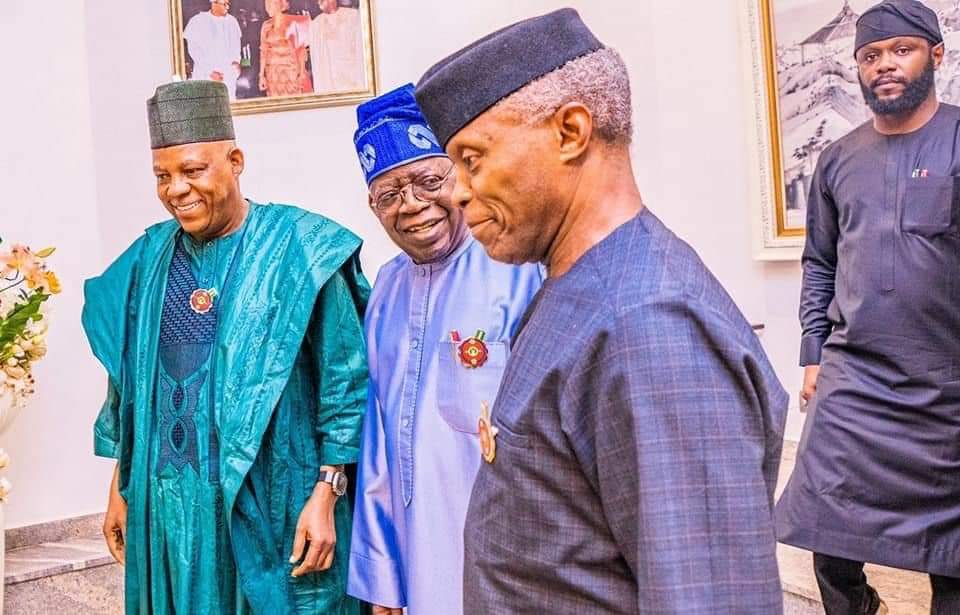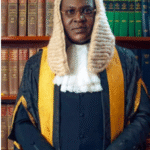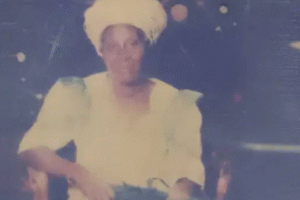The crisis in Rivers State has escalated due to several key factors:
- Perceived Weak Leadership – Governor Siminalayi Fubara has been criticized for not exerting his constitutional powers fully to quell the crisis, leading to a power struggle that continues to deepen.
- Political Rivalry with Nyesom Wike – The influence of former governor and current FCT Minister, Nyesom Wike, looms large. Wike, who played a major role in Fubara’s emergence, is now seen as a key figure in fueling the crisis.
- Failure to Build Alliances – Fubara has been accused of not consulting key political stakeholders, including regional elders and national political figures who could have mediated the crisis.
- Lack of a Strong Political Base – The governor is reportedly surrounded by political “featherweights” who lack the influence to defend his government effectively.
- Judicial Setbacks – The Supreme Court’s recent ‘5-0’ judgment has further strengthened the opposition, complicating Fubara’s efforts to consolidate power.
- Ethnic and Regional Politics – The failure to engage ethnic leadership and regional elders has led to a sense of political isolation.
- Impeachment Threat and Legislative Conflict – The crisis began with an impeachment attempt on October 29, 2023, and the governor’s failure to act decisively at the time allowed tensions to escalate.
Overall, the situation in Rivers State remains volatile, driven by internal political struggles, weak governance strategies, and unresolved rivalries.
The crisis in Rivers State has escalated due to several key factors:
- Perceived Weak Leadership – Governor Siminalayi Fubara has been criticized for not exerting his constitutional powers fully to quell the crisis, leading to a power struggle that continues to deepen.
- Political Rivalry with Nyesom Wike – The influence of former governor and current FCT Minister, Nyesom Wike, looms large. Wike, who played a major role in Fubara’s emergence, is now seen as a key figure in fueling the crisis.
- Failure to Build Alliances – Fubara has been accused of not consulting key political stakeholders, including regional elders and national political figures who could have mediated the crisis.
- Lack of a Strong Political Base – The governor is reportedly surrounded by political “featherweights” who lack the influence to defend his government effectively.
- Judicial Setbacks – The Supreme Court’s recent ‘5-0’ judgment has further strengthened the opposition, complicating Fubara’s efforts to consolidate power.
- Ethnic and Regional Politics – The failure to engage ethnic leadership and regional elders has led to a sense of political isolation.
- Impeachment Threat and Legislative Conflict – The crisis began with an impeachment attempt on October 29, 2023, and the governor’s failure to act decisively at the time allowed tensions to escalate.
Overall, the situation in Rivers State remains volatile, driven by internal political struggles, weak governance strategies, and unresolved rivalries.
The crisis in Rivers State has escalated due to several key factors:
- Perceived Weak Leadership – Governor Siminalayi Fubara has been criticized for not exerting his constitutional powers fully to quell the crisis, leading to a power struggle that continues to deepen.
- Political Rivalry with Nyesom Wike – The influence of former governor and current FCT Minister, Nyesom Wike, looms large. Wike, who played a major role in Fubara’s emergence, is now seen as a key figure in fueling the crisis.
- Failure to Build Alliances – Fubara has been accused of not consulting key political stakeholders, including regional elders and national political figures who could have mediated the crisis.
- Lack of a Strong Political Base – The governor is reportedly surrounded by political “featherweights” who lack the influence to defend his government effectively.
- Judicial Setbacks – The Supreme Court’s recent ‘5-0’ judgment has further strengthened the opposition, complicating Fubara’s efforts to consolidate power.
- Ethnic and Regional Politics – The failure to engage ethnic leadership and regional elders has led to a sense of political isolation.
- Impeachment Threat and Legislative Conflict – The crisis began with an impeachment attempt on October 29, 2023, and the governor’s failure to act decisively at the time allowed tensions to escalate.
Overall, the situation in Rivers State remains volatile, driven by internal political struggles, weak governance strategies, and unresolved rivalries.
The crisis in Rivers State has escalated due to several key factors:
- Perceived Weak Leadership – Governor Siminalayi Fubara has been criticized for not exerting his constitutional powers fully to quell the crisis, leading to a power struggle that continues to deepen.
- Political Rivalry with Nyesom Wike – The influence of former governor and current FCT Minister, Nyesom Wike, looms large. Wike, who played a major role in Fubara’s emergence, is now seen as a key figure in fueling the crisis.
- Failure to Build Alliances – Fubara has been accused of not consulting key political stakeholders, including regional elders and national political figures who could have mediated the crisis.
- Lack of a Strong Political Base – The governor is reportedly surrounded by political “featherweights” who lack the influence to defend his government effectively.
- Judicial Setbacks – The Supreme Court’s recent ‘5-0’ judgment has further strengthened the opposition, complicating Fubara’s efforts to consolidate power.
- Ethnic and Regional Politics – The failure to engage ethnic leadership and regional elders has led to a sense of political isolation.
- Impeachment Threat and Legislative Conflict – The crisis began with an impeachment attempt on October 29, 2023, and the governor’s failure to act decisively at the time allowed tensions to escalate.
Overall, the situation in Rivers State remains volatile, driven by internal political struggles, weak governance strategies, and unresolved rivalries.















Add Comment